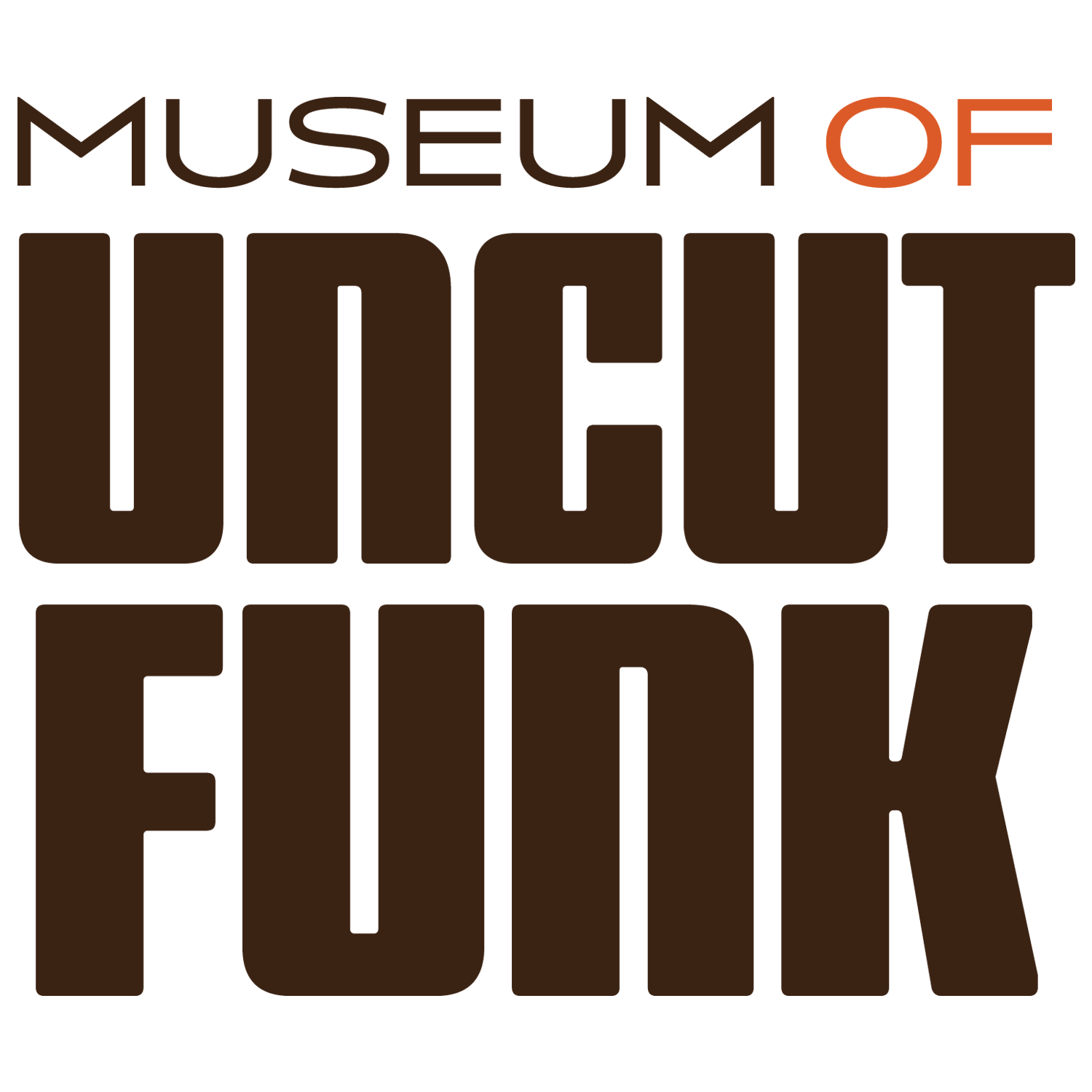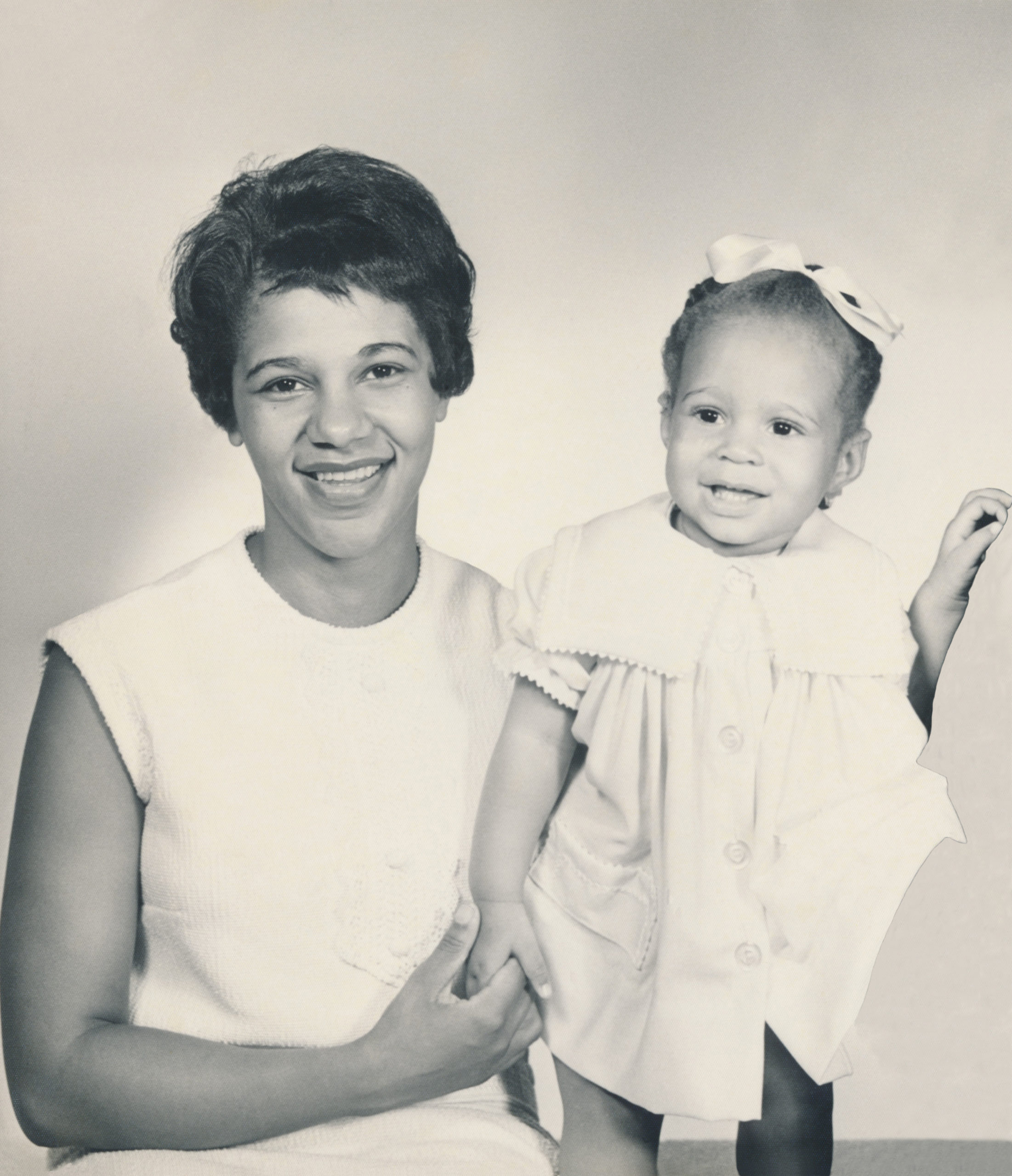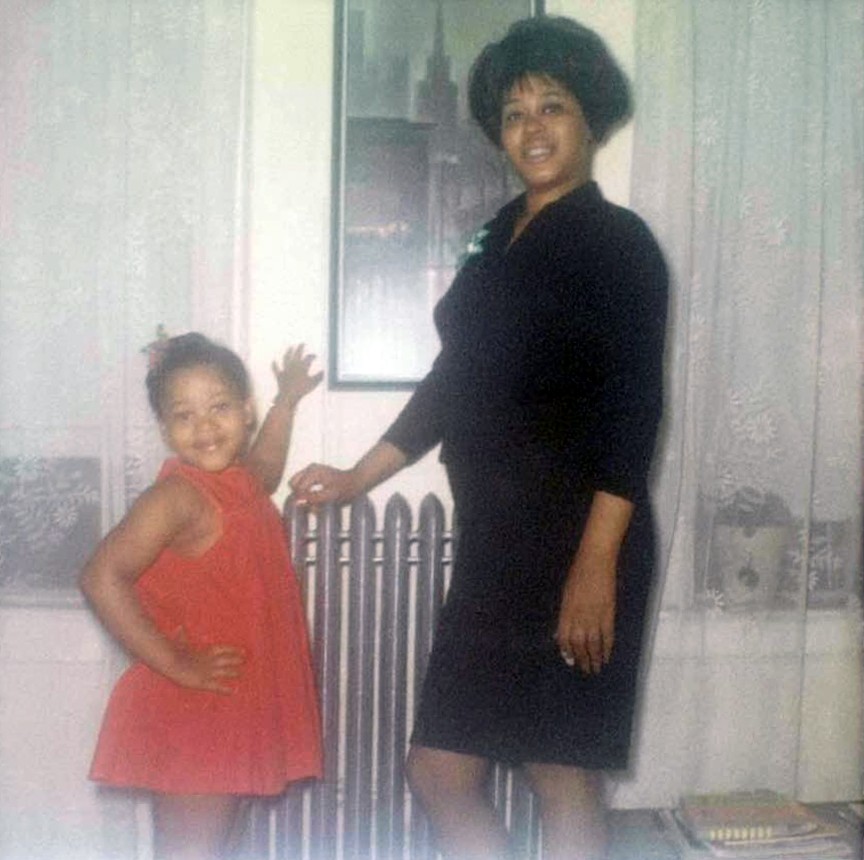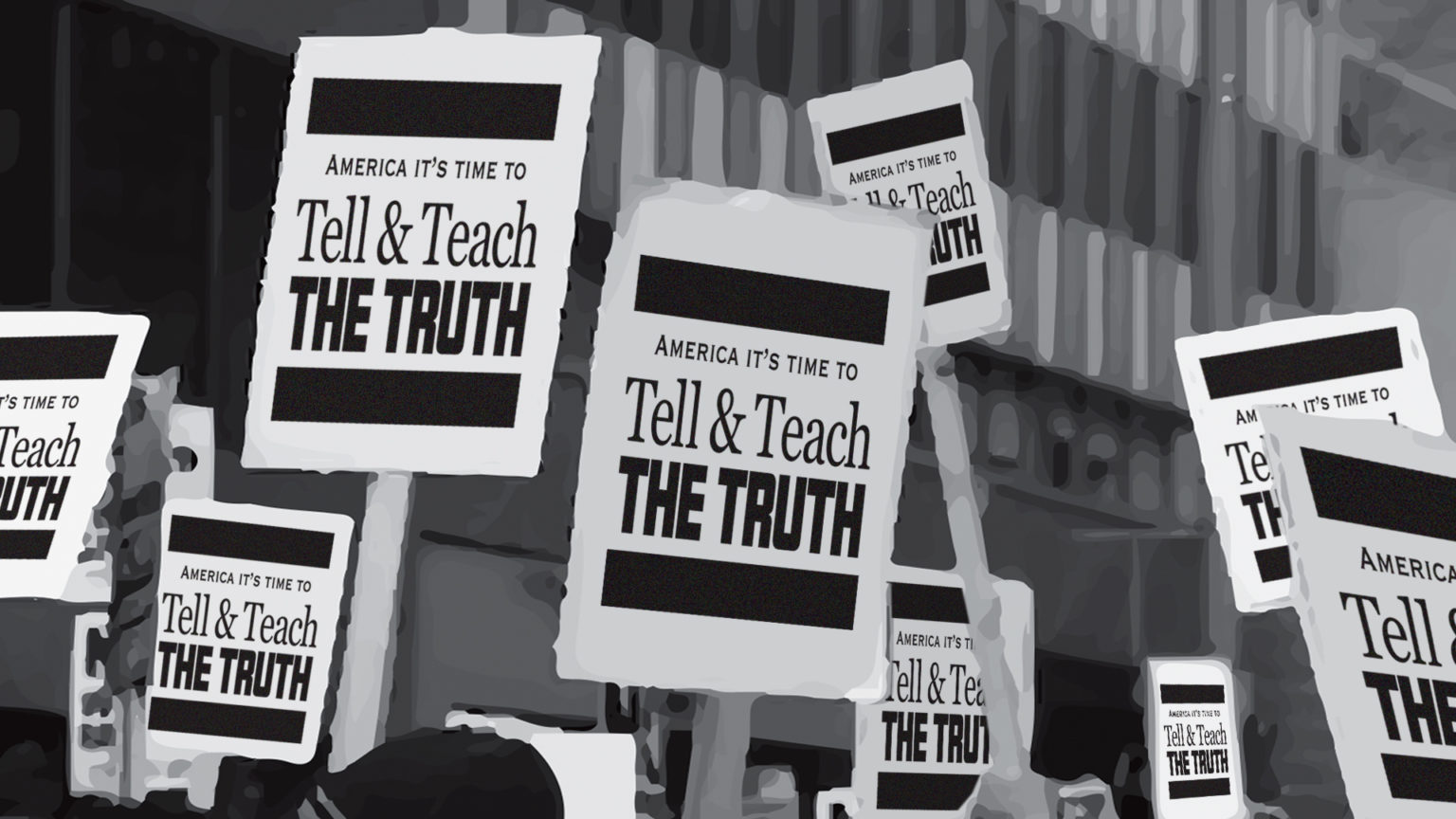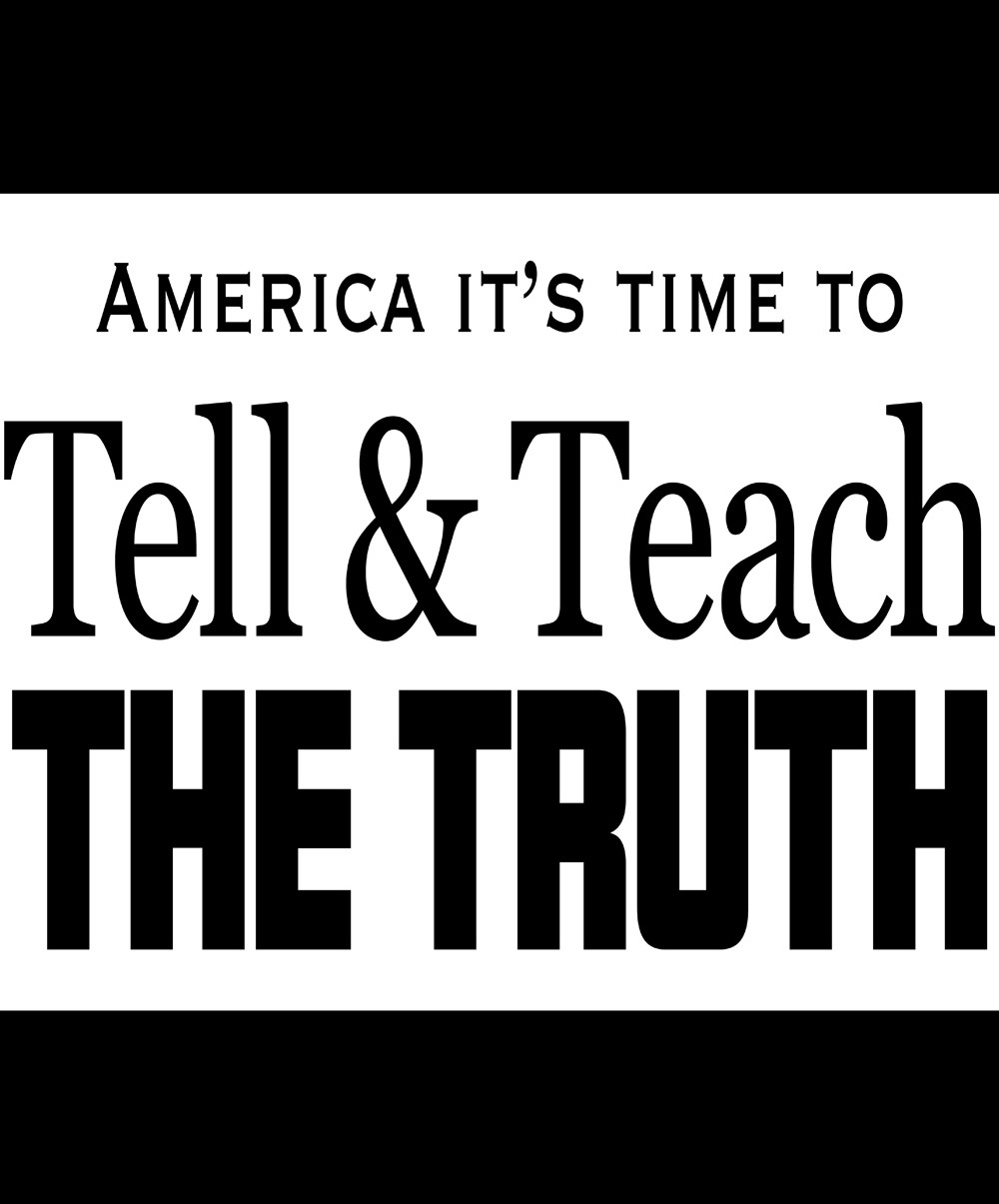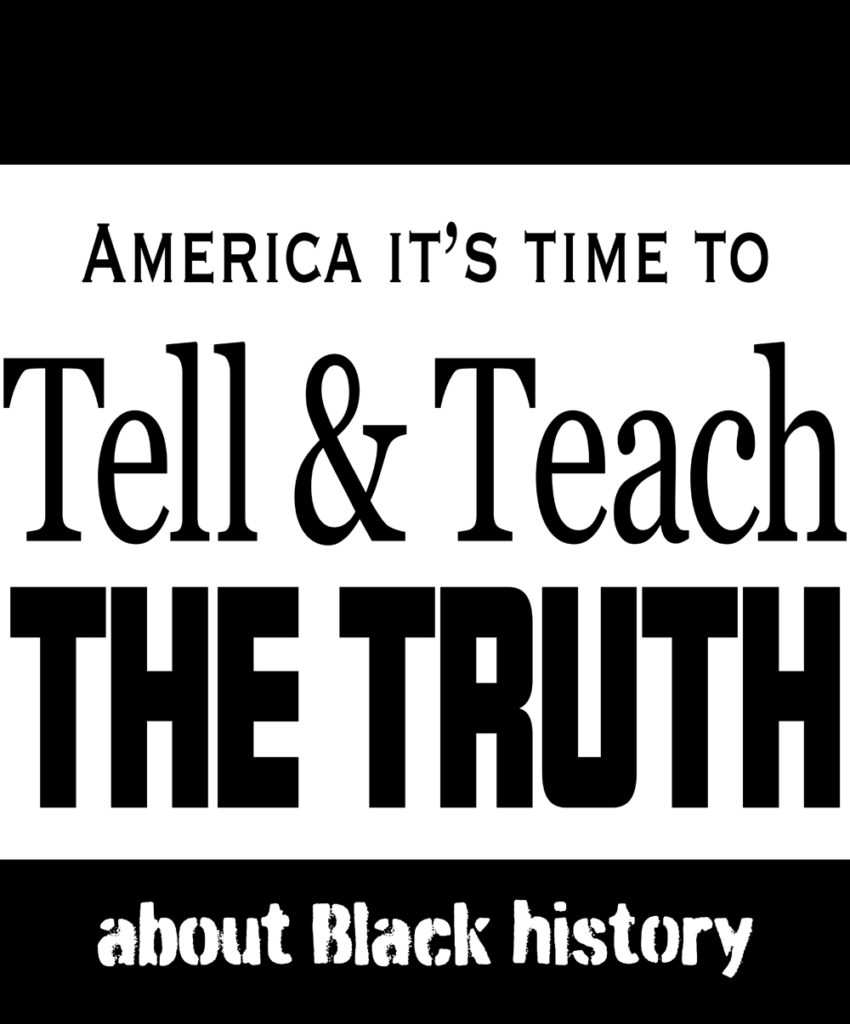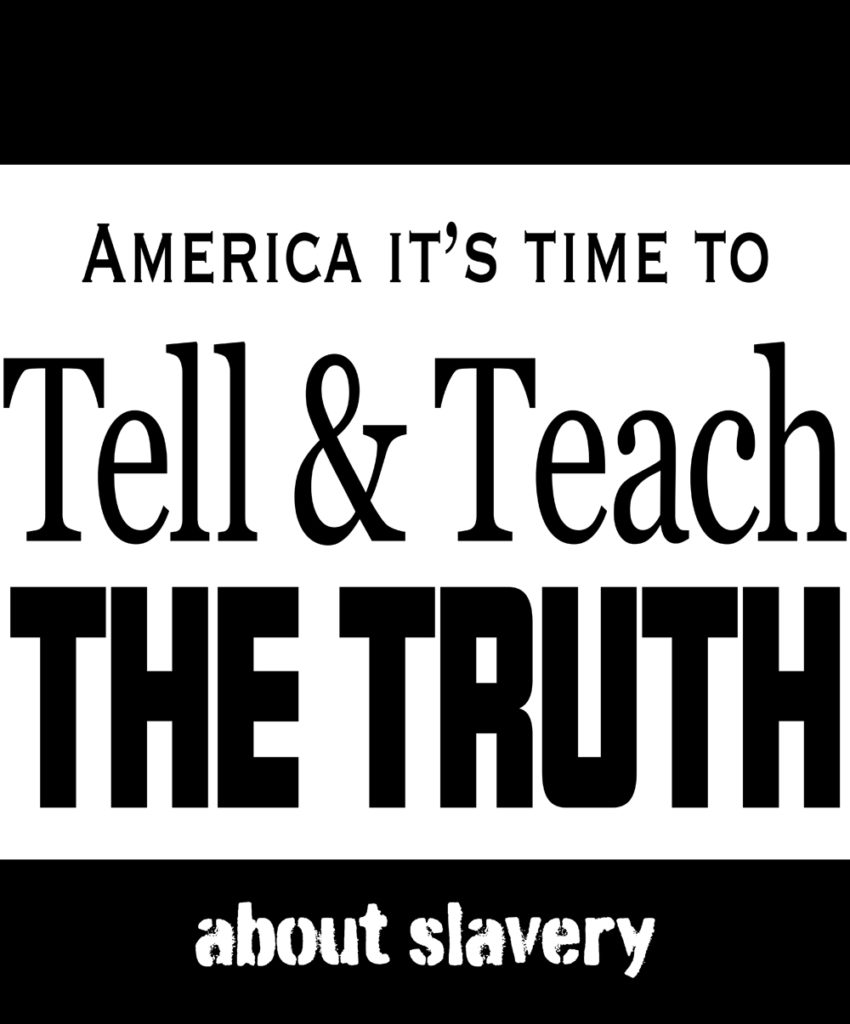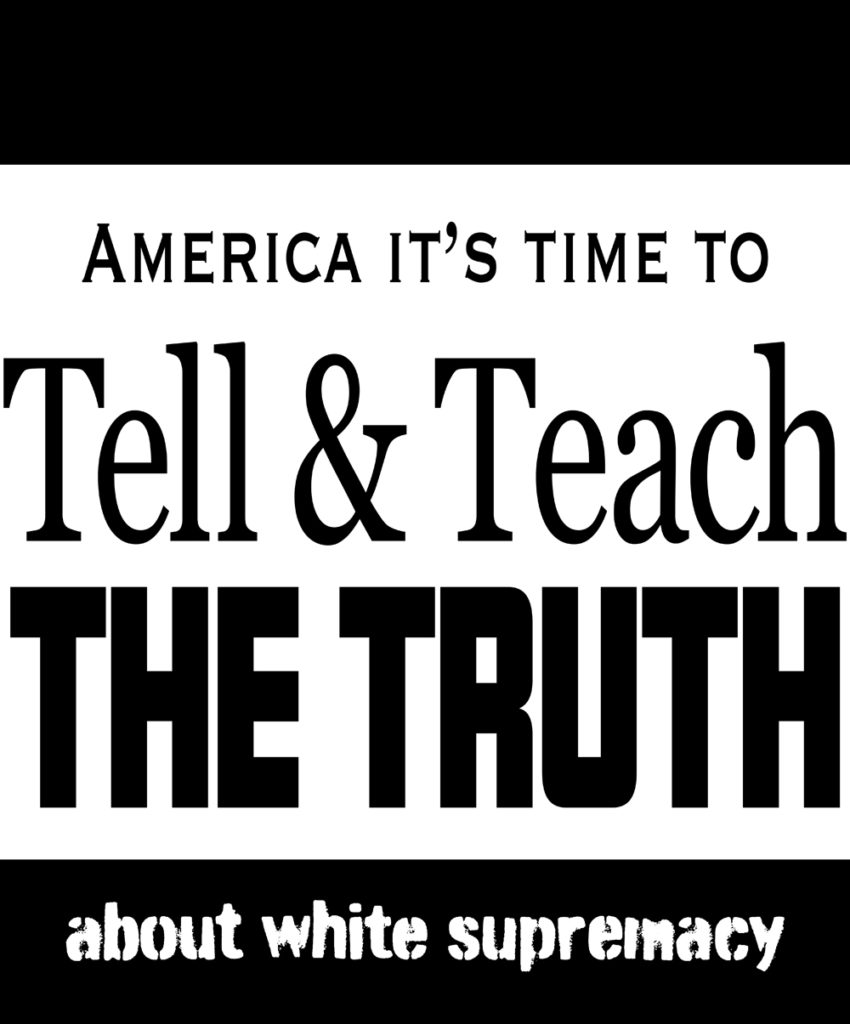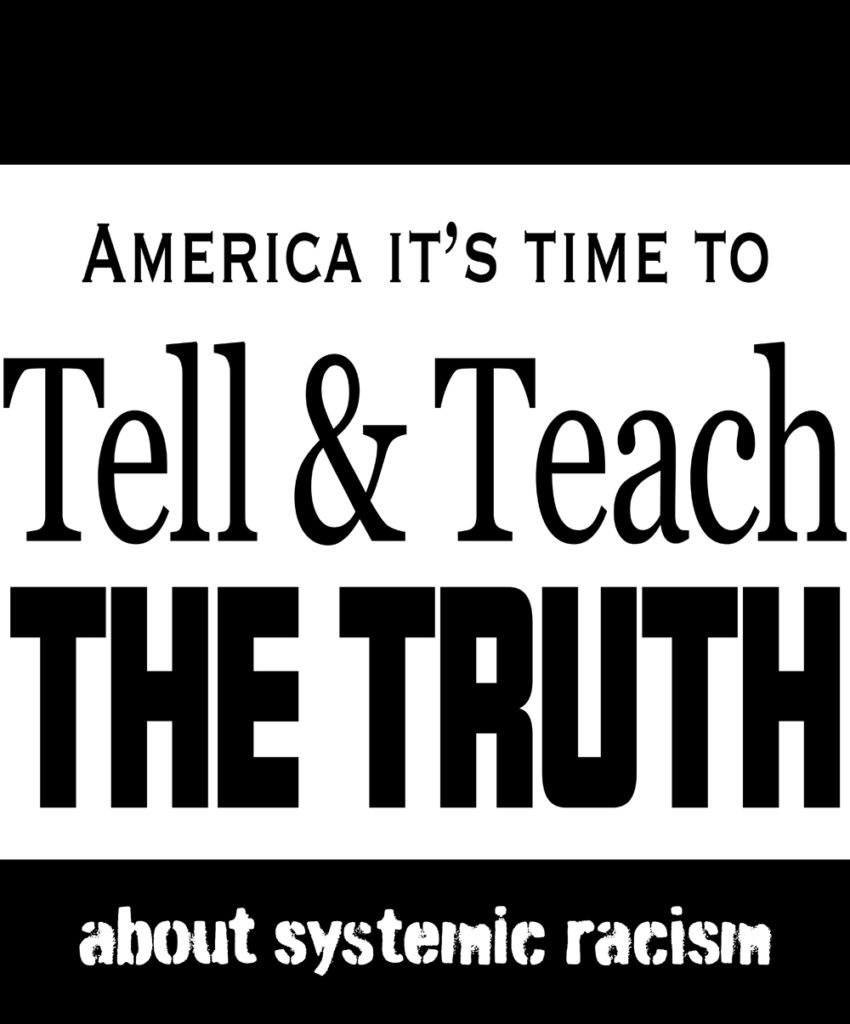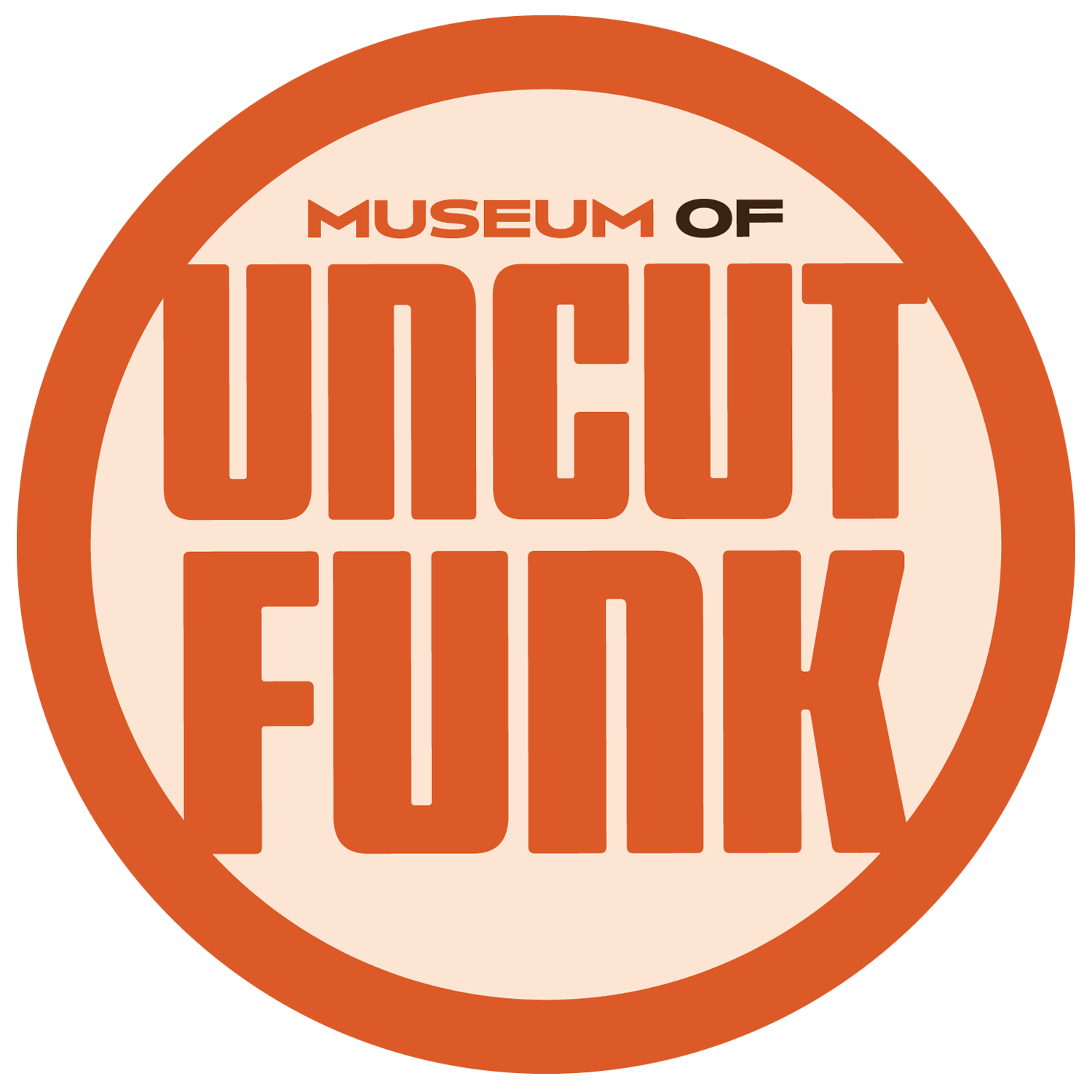My earliest exposure to race in America goes as far back as me being six years old.
I spent at lot of time with my grandparents and I remember hearing them talk about their experiences with racism when they moved north, but they spoke very little about their experiences growing up in the south. I know my maternal grandmother would slip-up at times and say “poppa”, her dad, would go out to the fields and work the grounds. I can only speculate her early years were spent sharecropping, (I remember one of her sisters saying her father was a sharecropper). Although they didn’t speak much of their childhood experiences they were proud of their Blackness and like many during the great migration wanted to create a better life for themselves and their family in New York.
My grandparents always had conversations with friends, neighbors and family about the condition of Black America, but they were talking to each other and no one was talking to me or explaining what was going on. One thing I remember, like it was yesterday, was watching the news with my grandparents. The protests, marches and riots were taking place throughout the country in the 60s. I could hear the reporter discussing the events, but I was fixated on the image of the policeman with a dog on the leash attacking a Black man. I had a sunken feeling inside and it was that moment that I didn’t want to be Black. At that time, with all of the uprisings, the killing of Dr. King and Malcolm, I thought and felt it was bad to be Black. I didn’t want to be Black because all I saw on television was Black people being abused at the hands of white people. Therefore, they must have done something wrong and all I imagined was that it was not good. It was a feeling I never shared with anyone because I didn’t know how to articulate what I was experiencing.
It wasn’t until the 70’s arrived when I was immersed in Black culture by my aunt. Her name was Madelyn and I remember her vividly styling an Afro and her dashikis. She was taking courses at City College, in New York, and she would have discussions around the dinner table about the plight of Black people and what was going on, what needed to be done, the changes that needed to take place with institutional racism, police brutality and the history of our subjugation in America. During this time there was an explosion of Blackness on television, in film, music, sports and so on. But it was my aunt Madelyn who would have us congregate around the television every Saturday to watch Like It Is with Gil Noble.
We had our subscriptions to Ebony and Jet magazines. I got my education on what it was to be Black in America, on current events in Black America, what crimes were being committed against Black men, women and children in America, institutional racism, Martin Luther King, Malcolm X, Stokely Carmichael, Huey P. Newton, the Black Panthers, Mahalia Jackson, Marian Anderson, and so many others as they fought for civil rights, voting rights and our basic human rights as full citizens in America.
Before my mom transitioned to be with our ancestors, she shared with me she went to the March on Washington with extended members of our family. Although she could not see the speakers, she was able to hear them from the loud speakers. She said it was a beautiful moment to see such unity in a sea of Blackness and for her it was a life changing experience. At the time it was as if she knew change was forth coming. My cousin Norman was a walking book of knowledge on Black History. I got such education from him that when I decided to attend college I would major in Black History with a minor in Education. This is when I felt as if I had come full circle and got a full understanding of the History of Black people. I was shocked to learn so much that I never knew. My family would ask me what was I going to do with a degree in Black Studies. At the time, I needed to know who I was and nothing else mattered. My journey through Black Studies afford me the opportunity to study abroad in West Africa. Needless to say, that was a life changing experience. Upon my return home I became even more unapologetic about my Blackness.
Sadly, so many years after making my triumphant journey home, and for all of my life, we are still doing battle with the same demon…racism. At every family gathering there was always the conversation about the plight of Black people and the lack justice we receive. As we confront this renewed energy of change we must act and demand change with our children’s education. There’s a lot discussion about teaching high schoolers Black History. I agree but I believe we should start teaching Black History at the pre-school level. Educators must build upon the knowledge young children obtain to take with them upon completion of High School. It is my belief this education will instill a sense of pride and understanding of who they are, where they come from and what they can achieve.
Tell The Truth Teach The Truth.
Sista ToFunky
Co-Founder
FunkEntelechy Inc.
